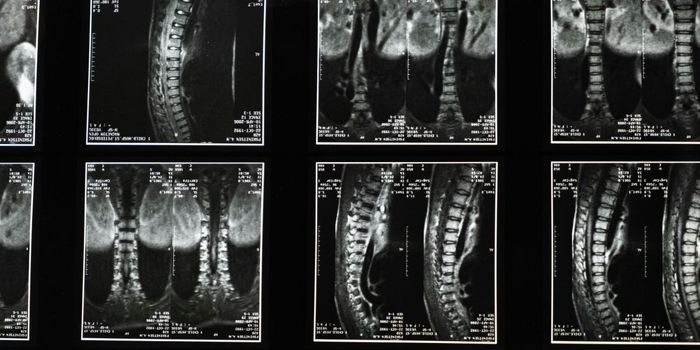Resistance Training Helps Treat Depression and Anxiety
A new study published in Trends in Molecular Medicine has clarified the efficacy of resistance training for treating depression and anxiety.
The forum article summarized previous research on the connection between resistance training and the treatment of depression and anxiety. While previous studies have had relatively small sample sizes, the combination of completed and ongoing research suggests that resistance training, defined as muscle-strengthening exercise that exerts force repeatedly against a load, can improve symptoms of both anxiety and depression. The effect may occur through a combination of mechanisms, including cerebrovascular and neural adaptations that occur in part due to the controlled breathing necessary for resistance exercise. Resistance exercise also increases insulin-like growth factor 1, a hormone that impacts metabolism in adults.
The authors noted that there is still a need for clinical trials that thoroughly test the effects of resistance exercise and address the limitations of previous studies, including small sample sizes. However, current research provides sufficient evidence to conclude that resistance exercise has benefits for mental health. Initial results from previous and ongoing research even point to resistance exercise as a promising alternative to therapy for treating depression and anxiety.
While all exercise seems to improve mental health outcomes, resistance exercise may have unique benefits compared to aerobic exercise since it works through overlapping but distinct mechanisms. Future studies will likely evaluate the effects of resistance exercise in broader patient populations and identify the individuals who are most likely to benefit from resistance training. In addition to its potential positive effects on mental health disorders, physical exercise such as resistance training is a key part of overall physical health and has a particularly large impact on heart health and longevity.
Sources: Trends in Molecular Medicine, Science Daily








